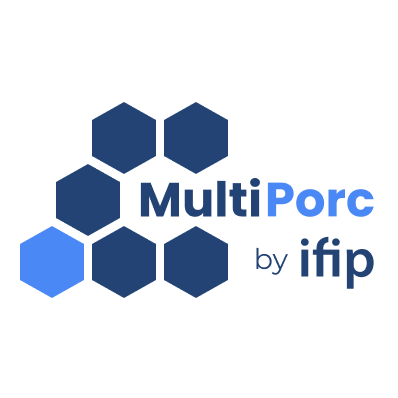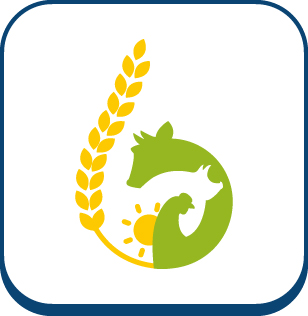L’IFIP accompagne la filière porcine du Nord-Est de l’Inde

L’IFIP, institut du porc, est ravi d’annoncer le lancement officiel de notre projet de trois ans, dirigé par IFIP – l’Institut du Porc, visant à accompagner le développement de l’ensemble de la filière porcine dans les États du nord-est de l’Inde.
L’objectif de ce projet de 3 ans est de soutenir le développement et la pérennité de cette filière en augmentant et sécurisant la production porcine, en améliorant les conditions d’abattage, de découpe, de transformation et de commercialisation du porc et en assurant la sécurité alimentaire des produits carnés.
Cet accompagnement des professionnels du secteur prendra la forme de formations de formateurs. Ces formateurs diffuseront l’expertise technique à tous les professionnels en amont (agriculteurs, salariés, techniciens, vétérinaires) et en aval (salariés ou responsables d’unités d’abattage, de découpe, de transformation et de distribution).
La semaine dernière, deux experts de l’institut Patrick CHEVILLON et Edouard BIENASSIS, ont commencé la cartographie en vue de concevoir des formations et d’identifier les futurs formateurs.


IFIP, the French Institute for Pig & Pork Innovation, is delighted to announce the official launch of our three-year project, led by IFIP – the Pork Institute, aimed at supporting the development of the entire pork industry in the United States of north-eastern India.
The objective of this 3-year project is to support the development and sustainability of the pork sector in the north-eastern states of India by increasing and securing pig production and improving the conditions for slaughtering, cutting, processing and marketing pork and ensuring the food safety of meat products.
This support for professionals in the sector will take the form of training for trainers. These trainers will disseminate technical expertise to all professionals upstream (farmers, employees, technicians, veterinarians) and downstream (employees or managers of slaughtering, cutting, processing and distribution units).
Last week, two experts from the institute, Patrick CHEVILLON and Edouard BIENASSIS, began mapping with a view to designing training courses and identifying future trainers.












